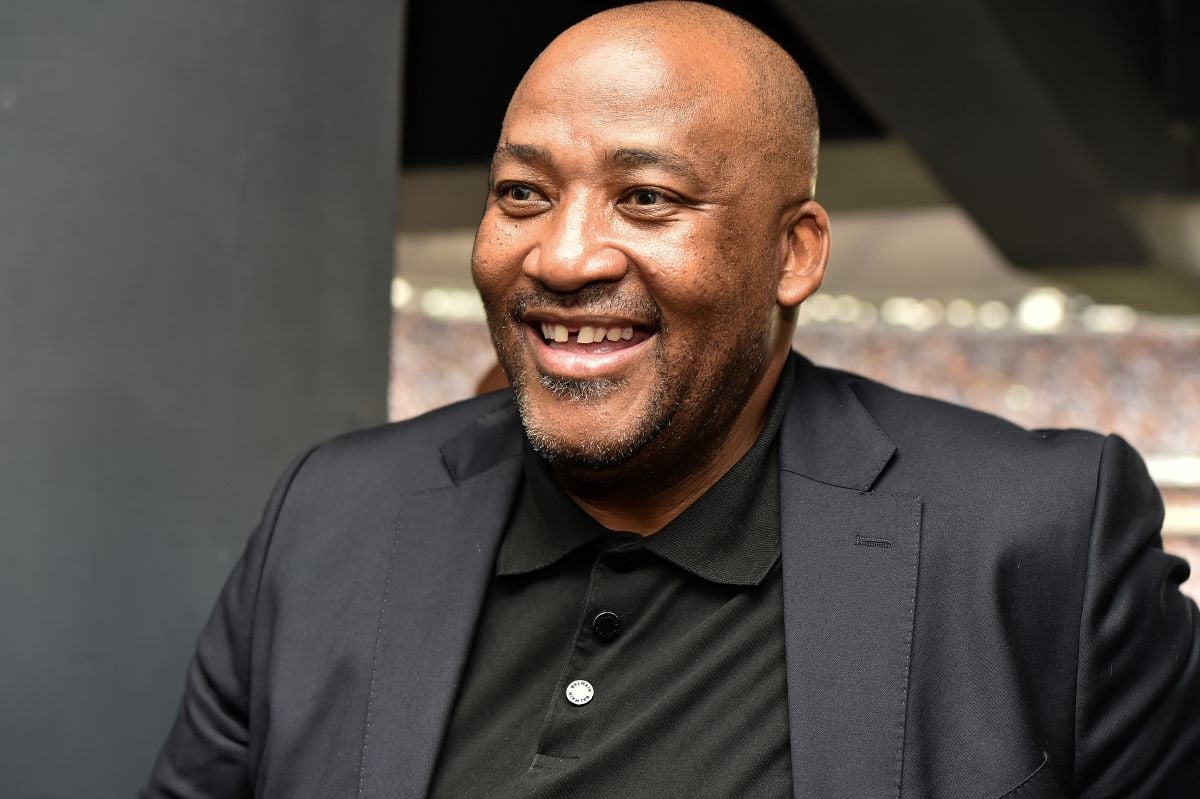News
Gayton McKenzie defends himself to SAHRC over racial comments storm

McKenzie faces human rights scrutiny
Patriotic Alliance leader and Minister of Sport, Arts, Recreation and Culture, Gayton McKenzie, has responded to the South African Human Rights Commission (SAHRC) following backlash over resurfaced posts on social media.
The minister came under fire after his past use of the k-word and other racially charged remarks were highlighted earlier this month. The uproar followed his criticism of podcasters who made remarks about the coloured community, which prompted old tweets of his own to resurface.
The SAHRC confirmed last week that the evidence before them was sufficient to notify McKenzie of the allegations. He accused the commission of going beyond its mandate by “acting as prosecutor, judge, jury, and executioner in one go.”
Defending eight controversial posts
In a lengthy submission, McKenzie addressed eight separate comments.
-
On Jacob Zuma: In 2015, he claimed the word “Zuma” had replaced the k-word. He explained this was intended to reject what he saw as racist attacks on the former president and Black South Africans in leadership.
-
On saving whites before blacks: In a 2011 post about a fire, McKenzie said his words were aimed at rejecting blanket racism and emphasising that people should be judged by their character, not race.
-
On describing dark skin: Joking about a family member being “navy blue,” he said this was intra-family humour that was non-racial and never intended to harm.
-
On Gandhi: Sharing a racist quote attributed to Gandhi, McKenzie said his intent was to expose historical prejudice, not endorse it.
Other comments about Zulu education, African women, and slang terminology, he argued, were misread due to the way Twitter displayed posts in that era.
Political and public fallout
McKenzie’s explanations have done little to silence debate. Critics on social media argue that intent cannot erase the harm of racial language, particularly when used by a public figure now holding a ministerial post. Supporters, however, claim he is being unfairly targeted and that his anti-racism stance is consistent with his political message of equality.
This episode also raises broader questions about accountability in politics. South Africa has a long history of public figures facing backlash over racially insensitive remarks, yet many continue to hold office. The SAHRC’s handling of the matter could set an important precedent for how leaders are judged for past online behaviour.
McKenzie stands his ground
Despite the controversy, McKenzie insists the posts were anti-racist in intent and that the SAHRC has not shown evidence of racism. He has said he would welcome a court case to clear his name once and for all.
“If indeed we do find ourselves facing each other in a court, I would relish such an opportunity to clear my name beyond any doubt,” he concluded.
For now, South Africans remain divided, with some questioning whether McKenzie’s defence is enough and others waiting to see how the human rights watchdog rules.
Also read: POPCRU ‘shocked’ as Woodstock police officer arrested on drug charges
Follow Joburg ETC on Facebook, Twitter, TikT
For more News in Johannesburg, visit joburgetc.com
Source: The Citizen
Featured Image: Soccer Betting News















